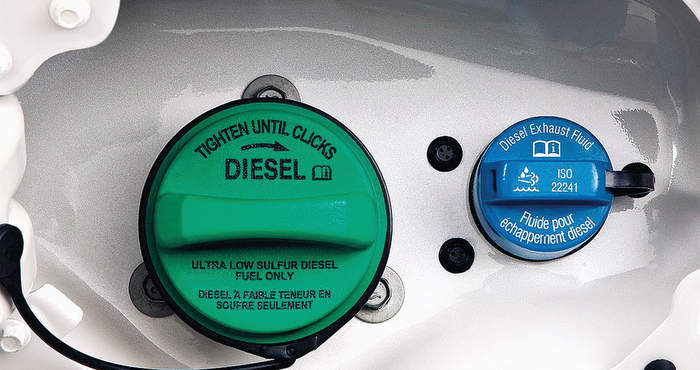As environmental concerns continue to take center stage, industries are actively seeking ways to reduce their carbon footprint and adhere to stringent emissions standards. In the automotive sector, diesel exhaust fluid def has emerged as a key player in achieving cleaner and more efficient diesel engine performance. In this blog post, we’ll delve into the details of DEF, its role in reducing harmful emissions, and its significance in the push towards sustainable transportation.
Understanding Diesel Exhaust Fluid (DEF)
DEF is a non-toxic, colorless, and odorless solution composed of 32.5% urea and 67.5% deionized water. It is a crucial component for vehicles equipped with Selective Catalytic Reduction (SCR) systems, a technology designed to reduce harmful nitrogen oxide (NOx) emissions from diesel engines.
How DEF Works
The SCR system operates by injecting DEF into the exhaust stream, where it undergoes a chemical reaction with nitrogen oxides. This reaction converts NOx into harmless nitrogen gas and water vapor, significantly reducing emissions and helping vehicles comply with strict environmental regulations. In essence, DEF enables diesel engines to achieve higher efficiency and cleaner performance.
Environmental Benefits
- Reduced Nitrogen Oxide Emissions: Nitrogen oxides are major contributors to air pollution and pose serious health risks. DEF facilitates the conversion of NOx into less harmful components, aiding in the mitigation of environmental and public health concerns.
- Compliance with Emission Standards: Governments worldwide are enforcing stringent emission standards to combat climate change and air pollution. Vehicles equipped with DEF systems are better positioned to meet these standards, ensuring a sustainable and eco-friendly future.
- Improved Fuel Efficiency: While DEF primarily targets NOx emissions, its usage can also contribute to improved fuel efficiency. As the engine operates more efficiently, it consumes less fuel, leading to economic benefits for vehicle owners and operators.
Practical Considerations
- Storage and Handling: DEF is sensitive to temperature extremes, and its quality can be compromised if not stored properly. It is essential to store DEF in a cool, dry place, away from direct sunlight, and to use designated equipment when handling and dispensing the fluid.
- Refilling DEF Tanks: Vehicles equipped with SCR systems have a separate DEF tank that requires periodic refilling. It is crucial for vehicle owners and operators to be aware of DEF levels and ensure timely refills to maintain optimal engine performance.
